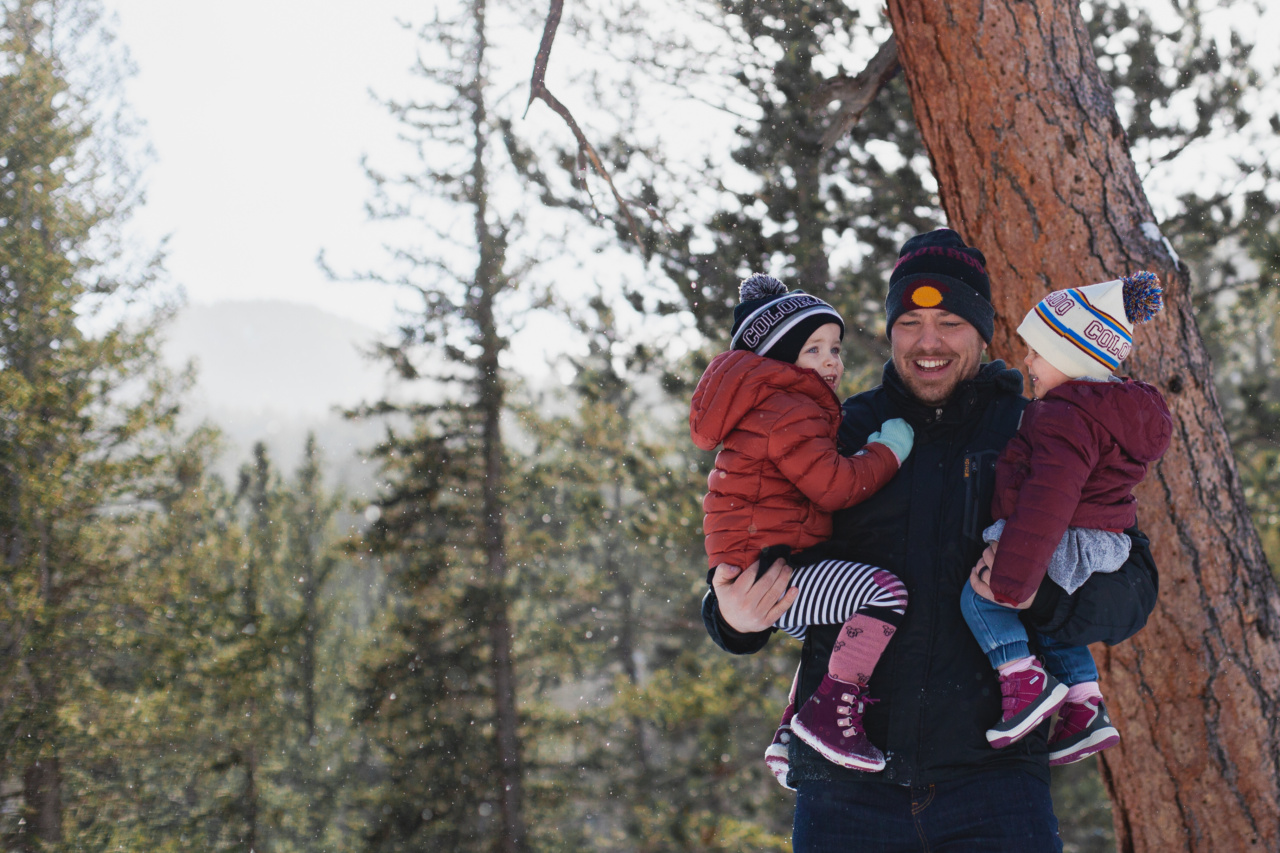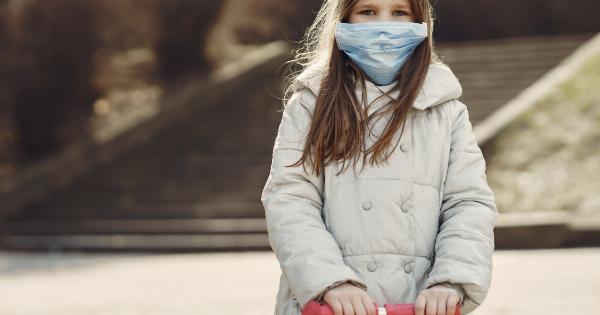Winter brings about cold and flu season which can be dangerous for everyone, but especially children. The cold weather, closed windows, and increased time spent indoors all contribute to the spread of viruses and bacteria.
Furthermore, young children have less developed immune systems, making them particularly vulnerable to these infections. Here are some reasons why winter infections are risky for kids and what parents can do to protect them.
Reasons Why Winter Infections are Risky for Kids
1. Increased Exposure to Germs
During winter, individuals spend more time indoors in enclosed spaces.
This close proximity increases the risk of transmitting infections such as colds and flu as the viruses can easily spread from person to person through coughing, sneezing, and touching the same surfaces.
2. Children have Underdeveloped Immune Systems
Compared to adults, children’s immune systems are in the early stages of development and so their bodies, therefore, have less resistance to infectious agents. They tend to get sick more often and more severely than adults.
3. Chronic Health Conditions
Children who have chronic medical conditions like asthma or diabetes are at a higher risk for complications like pneumonia if they contract the flu.
These chronic conditions affect the body’s ability to fight off infections, which increases the likelihood of developing serious complications.
Ways to Protect Kids During Winter Infection Season
1. Increase Hygiene Habits
The most critical thing one can do to protect children from winter infections is to teach them proper hygiene habits. Teach children to wash their hands regularly and for at least 20 seconds at a time.
Practice coughing/sneezing etiquette – use a tissue or cough/sneeze into a bent elbow, not their hands. Teach children to avoid touching their face to prevent bacterial or viral transmission.
2. Ensure Your Kids Stay Warm
It is important for children to keep warm especially during cold weather. Equipping them with warm clothing, hats, gloves, and boots can protect children from the harsh weather and help them retain body heat.
Wear layers and ensure your children are completely covered when you head out — especially for more extended periods.
3. Balanced Diet and Hydration
Feed your children a healthy diet rich in fresh fruits and vegetables. Limit processed and junk foods and promote water consumption over sweet drinks. Water helps flush germs and toxins out of the body, which can help ward off infections.
4. Ensure enough sleep
Children must maintain an adequate sleep routine, especially during the winter season. Adequate sleep keeps the immune system functioning optimally. Also, enough sleep can ward off infections.
Ensure children receive no less than ten hours of sleep daily, depending on their age.
Conclusion
Winter infections affect everyone, but particularly children.
There is no surefire way to prevent these infections altogether, but teaching children proper hygiene techniques, equipping them with warm clothing, focusing on a balanced diet and hydration, and getting enough sleep are effective ways for parents to protect their kids during cold and flu season.































